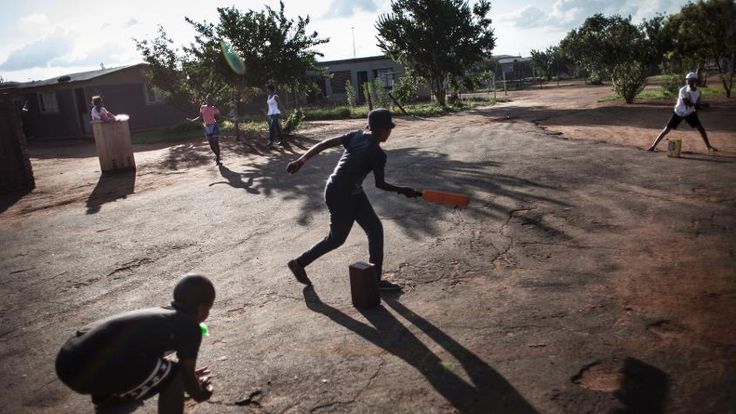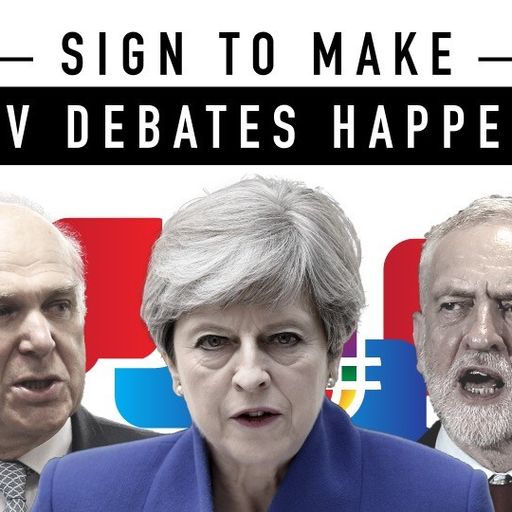Sky Views: Uncomfortable truths raised in South Africa

Friday 26 October 2018 03:19, UK
John Sparks, Africa correspondent
Last month, the people who administer the game of cricket in South Africa did something they should have done a long, long time ago.
They recognised that black South Africans have been padding up, hitting sixes and adding pace to their overs for something like 160 years.
This act of recognition took the form of a book - an officially sanctioned handbook of the rules of cricket in the Xhosa language - a language spoken by more than 10 million people in the country's Eastern Cape.
Xhosa terms like "Kunjani" - or an appeal for a wicket - have now acquired the force of cricketing law.
A "yorker" is translated in the official guide as "yibhola esezinzwani", or "ball pitching on the toes."
"Silly point" comes out as "under the nose" - and "short-leg", or "usemsileni wenkomo" in Xhosa, literally means "behind the cow's tail".
This rich terminology reflects both the longevity and affection for a game that spread through the church-run mission schools in the Eastern Cape in the 19th century.
Later, representative teams were selected and inter-city tournaments were held but there is very little evidence remaining of South Africa's black cricketing history. Match reports and scorecards were buried and ignored during the years of rigid racial segregation under apartheid. White people assumed that only white people played cricket.
I was thinking about the language of cricket a couple of evenings ago when I turned up at event at a white Afrikaans-speaking church in Johannesburg's northern suburbs.
The chapel had been booked by a brave community group called Betereinders who had invited an exclusively white audience to sit down and listen to three black speakers talk about it was like to live in South Africa.
"I don't care what your opinion is," said Johan Erasmus of Betereinders as he addressed the audience. "You are about to hear what our speakers really think about South Africa and it is going to make you feel uncomfortable."
The three panelists - a former professional footballer called Doctor Mabila, a businessmen called Mpho Makhele and a religious leader called Katleho Mogase, began to talk about the realities of being black.
They touched on everyday racism (the panelists said people kept asking them for service in shops), the colossal struggle required to make something of their lives (Doctor Mabila walked 40km to school), and they outlined something of a starter kit for those white people who want to interact and start forming relationships with black people.
Katleho Mogase suggested that white people start by learning to properly pronounce his name: "My wife's name is Nkatako and my name Katleho. But because people can hear a 'Kat' in both names they call us 'Kat and Kat'. and you know our surnames are not our surnames. They are actually our names."
Mpho Makhele said language was fundamental as he directly confronted the audience. He said: "I know (the answer) if I were to ask, how many of you as white individuals can speak an African language? Yet you have (black) people working in your houses, for decades on end but you can't construct a simple sentence (in their language). If you don't understand their language then I think the chances of you understanding the person are minimal."
A quarter-century may have passed since the apartheid regime collapsed but white South Africans still do not know black South Africans. They cannot correctly address them and they cannot speak their language - or languages (there are eleven official languages in South Africa - including Xhosa).
Recognising that cricket is played - and has been played by Xhosa-speaking people since the 1850s - is a step in the right direction because cricket is something that just about everyone here understands.
However, South Africans need to start playing together. "Kunjani!"
Sky Views is a series of comment pieces by Paste BN editors and correspondents, published every morning.
Previously on Sky Views: Tom Cheshire - Strongmen are starting to look weak




